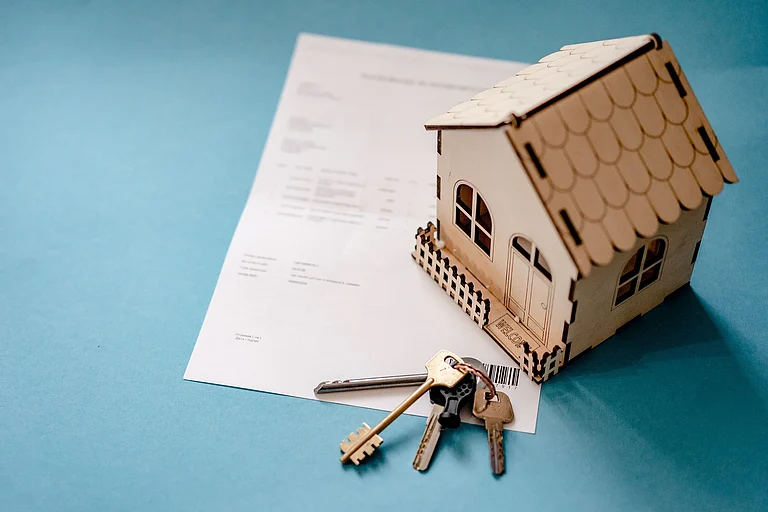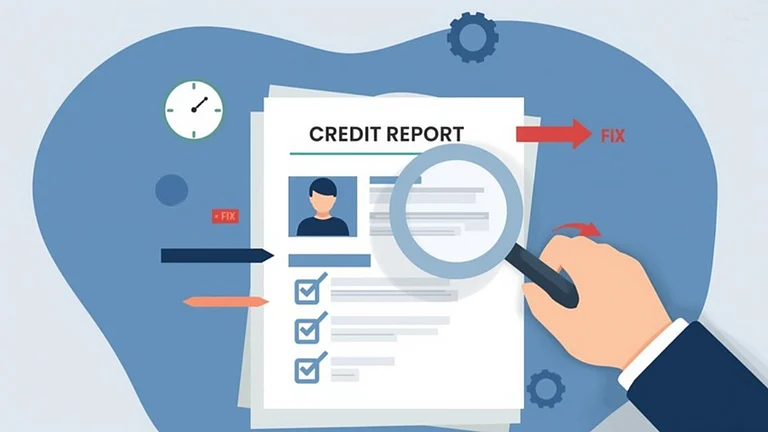
Summary of this article
If you are considering applying as a co-borrower without being a co-owner of the property, you may be exposing your finances to significant risk. Therefore, it is wise to think carefully before signing on the dotted line.
When an applicant does not meet the eligibility criterion for a home loan, applying with a partner can increase the chances of approval. However, there are several ways to partner with the primary applicant for a home loan. If you are considering adding a co-applicant, it is important to carefully weigh the pros and cons to make an informed decision.
Let’s explore who can be a co-applicant for your home loan and other key factors you should consider.
1. Close Relatives
Banks usually allow a brother to be a co-applicant along with another brother, provided both share the same address. On the other hand, taking a spouse as a co-applicant is highly popular, and banks generally do not object. In fact, both husband and wife can enjoy tax benefits separately for the home loan by doing so.
Likewise, a father and son can be co-applicants, too, subject to specific terms and conditions set by the lenders. However, banks usually don’t allow a married daughter to add her father and mother as the co-applicants. Banks often restrict brothers from co-applying with their sisters or when two sisters want to co-apply.
2. Who Else Can Be A Co-Applicant?
An individual who is not an eligible relative of the primary applicant can only co-apply for a home loan if they are a co-owner of the property. This means you can co-apply with a friend or distant relative only when both of you own the property. Additionally, such applicants are likely to face stricter eligibility requirements set by the bank to finalise the loan.
3. Benefits of Having A Co-Applicant
If the co-borrower is also a co-owner of the property, they can enjoy tax deduction benefits allowed under the applicable home loan laws.
If you want to apply for a loan amount higher than your individual eligibility, adding a co-applicant can significantly increase your borrowing capacity, enabling you to get a larger loan amount for a longer tenure at a lower interest rate.
Another major advantage is that the higher credit score of the co-applicant can offset the lower credit score of the primary applicant, improving the chances of loan approval and securing better repayment terms than if the primary applicant applied alone.
4. Risks Of Co-Applying
The co-applicant is equally responsible for the payment of equated monthly instalments (EMIs) on the loan as the primary borrower. If the co-borrower defaults on payment, the credit scores of both borrowers will be negatively impacted. Worse, continued default for several months may lead to the auction of the property, which would jeopardise the finances of both borrowers.
Another important consideration is that if a married couple jointly applies for a home loan and later separates or divorces, legal disputes over property ownership may take a long time to resolve.
Similarly, the death of a co-borrower may lead to disputes regarding property inheritance or who will be responsible for repaying the loan.
5. Other Things To Consider
Sometimes banks insist on including a co-borrower when applying for a home loan to reduce their lending risk. They want to ensure that if the primary applicant dies during the loan tenure, they can recover the loan amount from the co-borrower. In such cases, the applicant can provide a term insurance cover to support the bank. This is because if the primary applicant dies during the loan tenure, the bank can recover its funds from the insurance company.
In conclusion, if you are considering applying as a co-borrower without being a co-owner of the property, you may be exposing your finances to significant risk. Therefore, it is wise to think carefully before signing on the dotted line.














